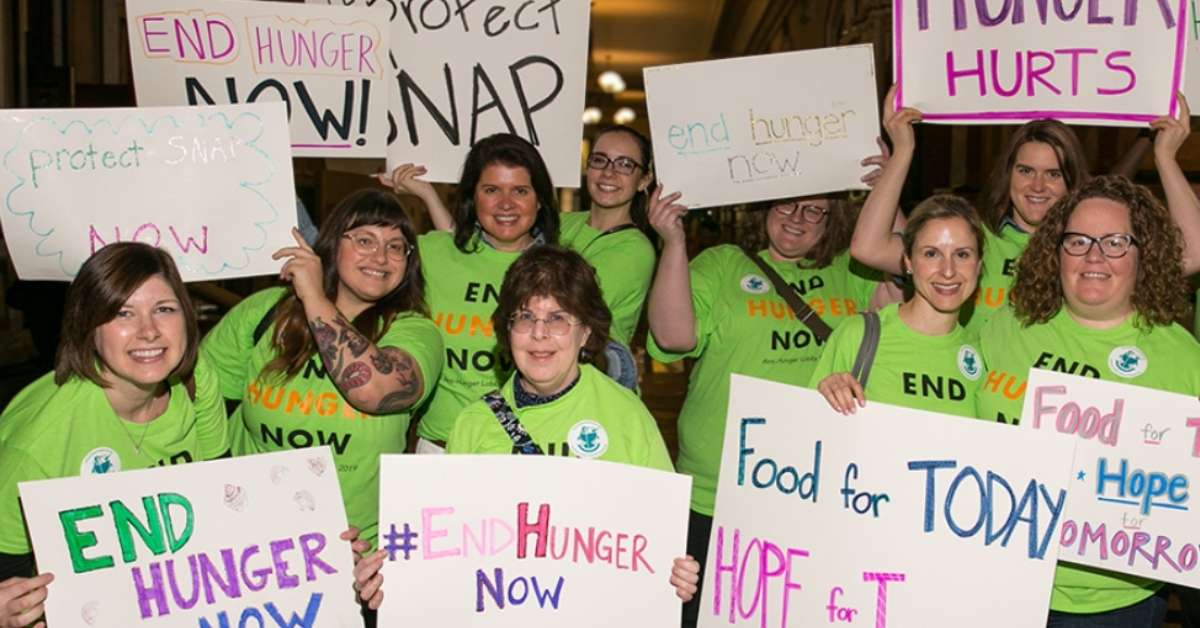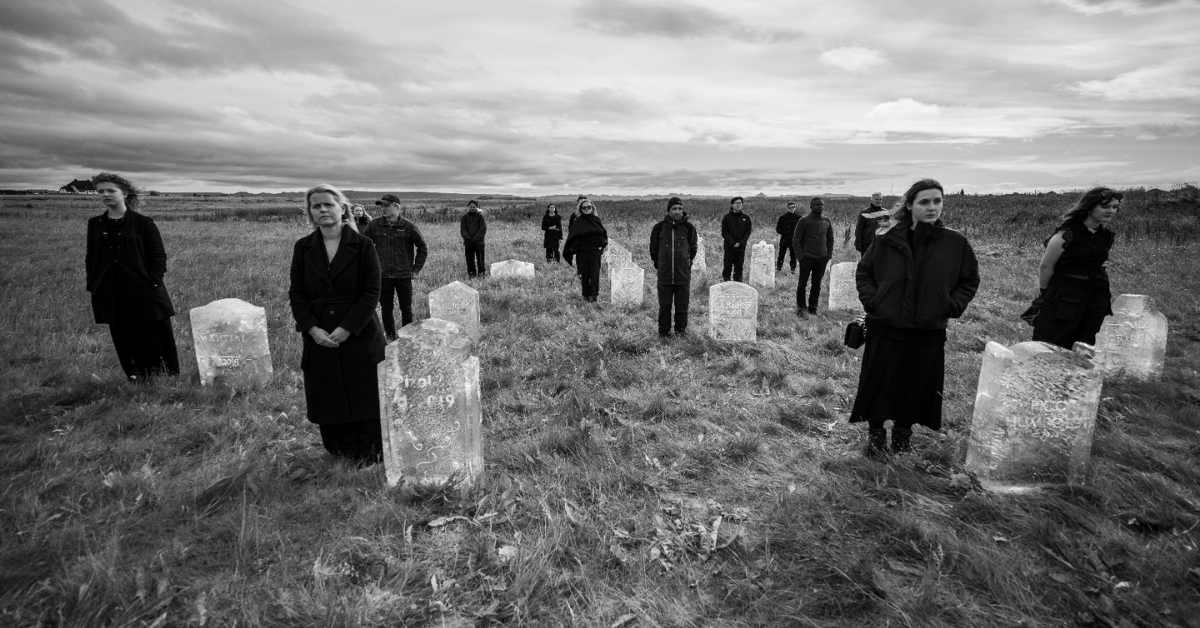As the government shutdown entered its second month, funding for the Supplemental Nutrition Assistance Program abruptly ended for an estimated 42 million Americans.
On October 31, two federal judges ordered the Trump administration to tap emergency reserve funds to keep SNAP operating during the government shutdown.
By November 1, a sworn statement from the U.S. Department of Agriculture said that $4.65 billion from the Supplemental Nutrition Assistance Program’s contingency fund would “be obligated to cover 50% of eligible households’ current allotments” for November.
Despite the USDA issuing official guidance on partial payments, agency official Patrick Penn said that recipients in some states might not receive their November benefits for several weeks — or even months.
Which means millions of low-income households across the country risk going hungry in the meantime.
It was a disruption that spurred a neighborhood to action this weekend in Evanston, Illinois. Within 24 hours of SNAP benefits being cut in half, more than 100 volunteers came together to drop off supplies for local food banks, like the Chicago Hope Food Pantry.
“Without SNAP, we’re talking about a massive food insecurity crisis that is beyond anything we’ve ever seen before,” organizer Valerie Kahan told WGN9 news station.
“We believe that we need to get ahead of this. Even if SNAP comes back and Trump obeys the order, it will probably take close to a month for it to regulate and for money to hit people’s accounts,” Kahan said on Sunday.

One donor, Caitlin Sellers, said that she immediately headed to the grocery store when she caught wind of the food drive.
“I was just grabbing things off the shelves; a lot of people were. Bread, milk, eggs, anything a family needs to make Thanksgiving dinner or lunches for their kids,” Sellers said.
“It’s a small little thing but if everybody does it, we’ll be in much better shape. We all need to be looking out for each other.”
“It actually feels like we’re contributing and not just sitting on the sidelines watching, so it’s fantastic,” another donor, David Heldt added.
Although food assistance has been the biggest draw for food-insecure households, organizers also handed out know-your-rights cards and whistles in response to the increased presence of Immigration and Customs Enforcement throughout the city.
“Whether it’s your neighbor being abducted or your neighbor that doesn’t have access to food, it’s still going to impact your community, but people showing up here keeps us safe,” one organizer, Mariah Fouche, told the Chicago Sun-Times. “There’s mutual aid events like this going every weekend going forward.”
“There’s no reason anyone should be bored right now,” Fouche emphasized. “We need to stand up and do what we can for each other because no one is coming to save us.”
Kahan said that the emergency food drive brought in supplies by the thousands.
“This is beyond anyone’s wildest imagination in the best possible way,” Kahan said. “It’s overwhelmingly amazing, and we just want to make sure we get food to people who need it the most.”
“Coming together is the solution always, and after having our community completely traumatized, this is extremely healing work to be doing,” she continued. “And we’re not only healing ourselves, but feeding our community.”
You may also like: This coffee shop’s free breakfast program sparked outrage online. Their response? 'Everybody deserves a latte'
Header image via Chicago Food Hope Pantry



